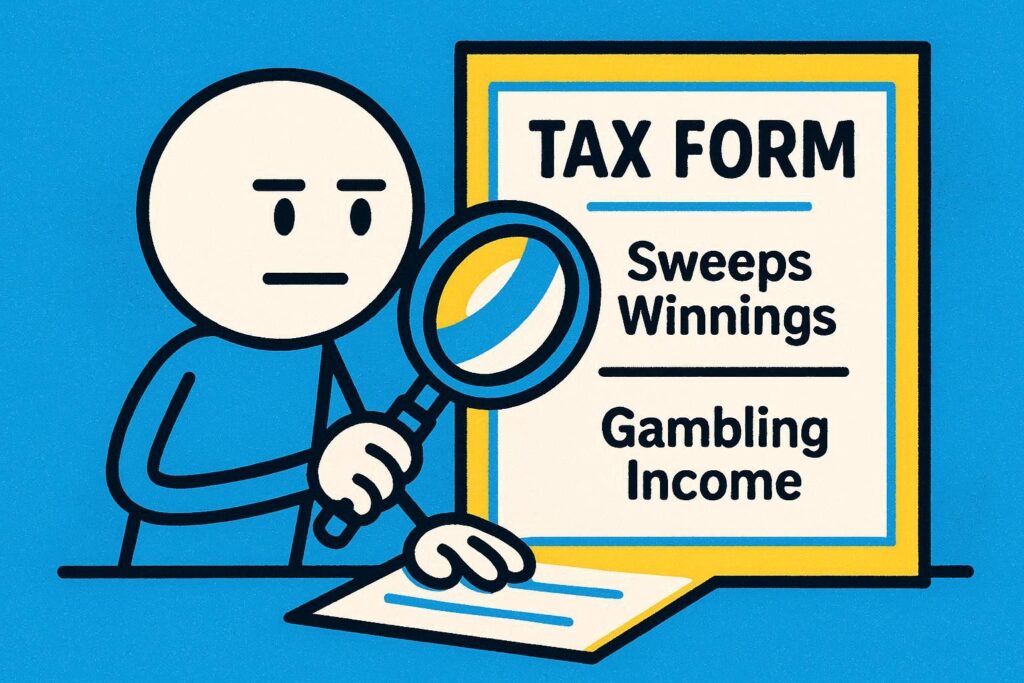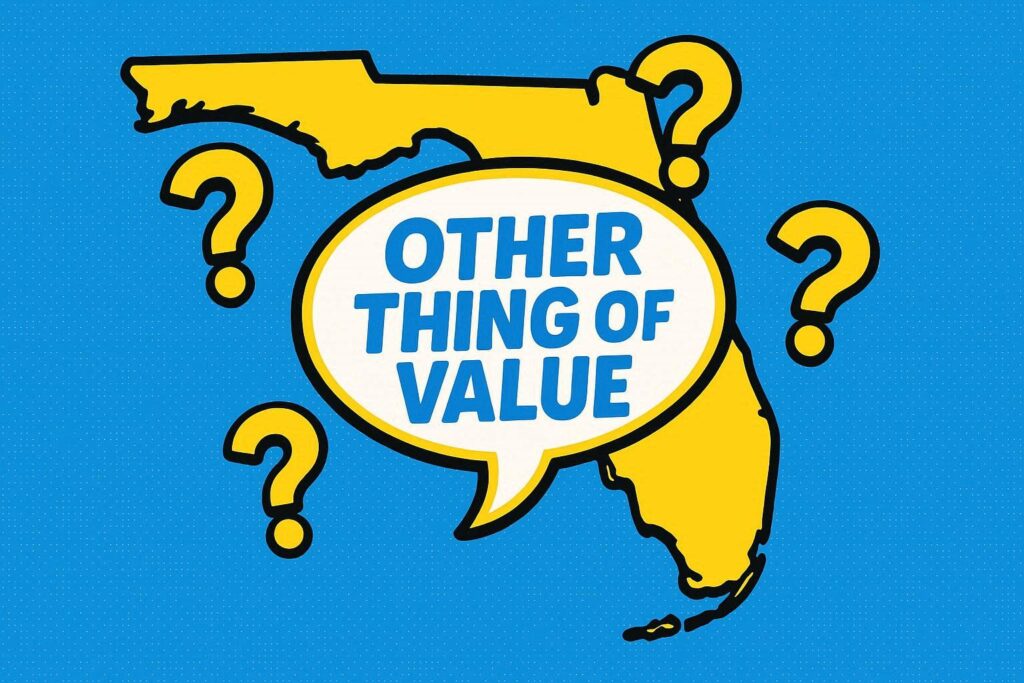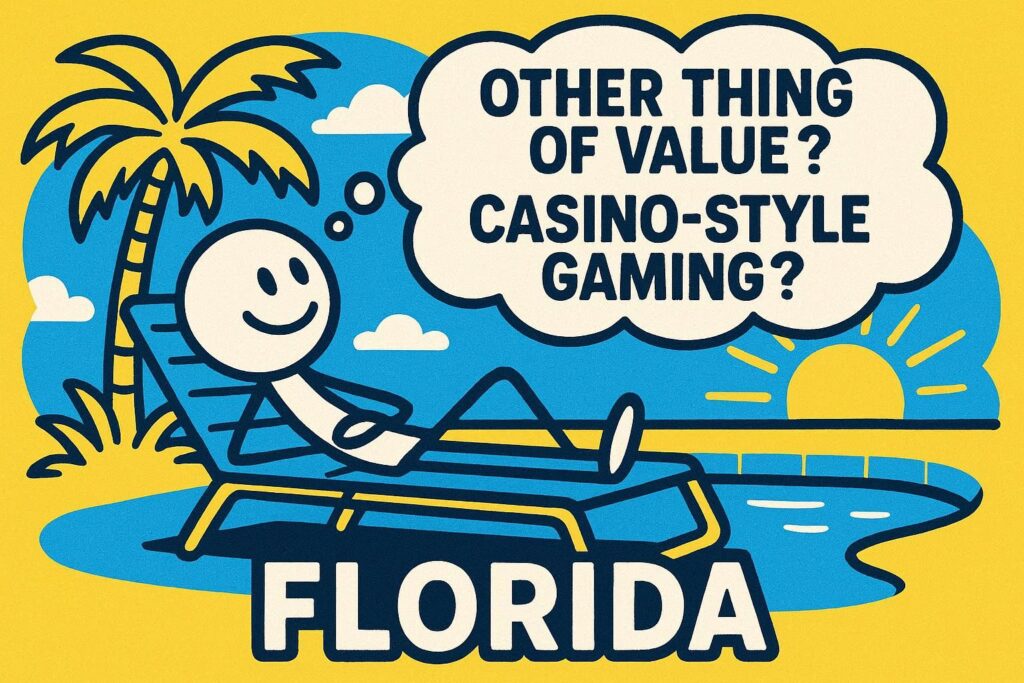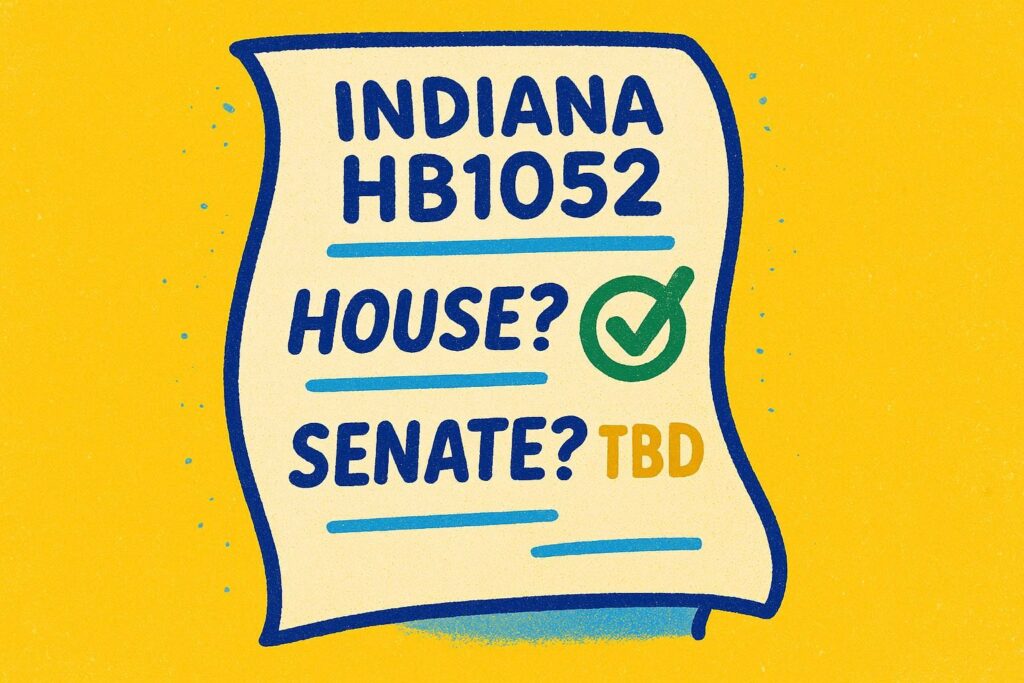A proposed bill in Texas would sharpen the definition of a gambling device and increase the penalties for offering games and products relating to gambling in the state. It could arguably be intended to target sweepstakes casinos and put other freemium social games at risk.
Senate Bill 517 is sponsored by Senator Mayes Middleton and co-sponsored by fellow Republicans Senator Bob Hall and Senator Phil King. It seeks to amend Texas Section 47.01, Penal Code regarding gambling devices and penalties for the use of prohibited devices (or products). The bill seeks to replace prior language in the code that narrowly defined a gambling device. This effort could be construed to target sweepstakes casinos, though it’s unclear whether Sen. Middleton intends it for such purposes.
In section 1.9 of the bill, language reads that a “Thing of value” means any property, money, right, privilege, or other benefit, including a gift card or any other representation of value redeemable for any property, money, right, privilege, or other benefit.” Much of that language is new, replacing a vague definition of what constitutes a thing of value from gambling according to Texas law.
Sweepstakes casinos, which are falling under scrutiny in several jurisdictions, are apps that permit users to play casino- style games without placing real money at risk. Consumers play games and earn tokens or coins: non-tender, non-real money credits. As they earn more tokens, users can redeem them for gift cards or prizes, including cash. Because consumers are not technically “gambling” their own money, these sweepstakes casino apps avoid the regulations in place for casino gaming platforms. A number of states have introduced legislation that specifically aims to prohibit such gaming activity.
Also in SB 517 is this language:
In a section defining gambling devices, SB 517 states that an “‘Eight-liner’ means an electronic device capable of simulating the play of a traditional mechanical slot machine, regardless of the number of lines of play, that for consideration affords a player or user of the device an opportunity to win a prize based solely or partially on chance.” (Emphasis added). It’s worth noting that it mentions winning “a prize based solely or partially on chance.” That’s precisely what happens in a sweepstakes casino.
However, the Texas bill has not been characterized as an anti-sweepstakes bill. It does not mention sweepstakes casinos. It’s possible that it might be purposefully agnostic on sweepstakes casinos specifically on purpose. A handful of sweepstakes casinos are available to consumers in the Lone Star State. A call to the office of State Senator Middleton to clarify has been catalogued and awaits a response from the lawmaker or his staff.
SB 517 also hardens the penalty for violations under the penal code, changing infractions from misdemeanors to felonies.
It could be a challenge for SB 517 to find its way to becoming a law this year. The bill must reach the floor of the State Senate by May 24 in order to be able to be voted upon by both chambers before the Texas State Legislative session concludes on June 2.








